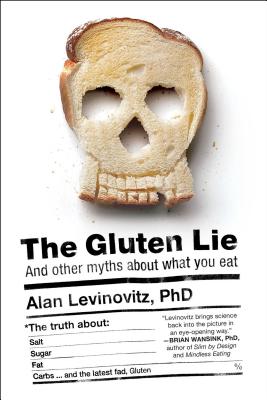Purity Through Food: How Religious Ideas Sell Diets
Eating based on what is "natural" offers little but sanctimony.

James Hamblin | 9:00 AM ET
Foods are either natural or unnatural. They are good or bad. Bad foods harm you, and good foods cleanse you. Bad foods are sinfully delicious, or guilty pleasures. Good foods are whole, real, clean, and natural. Bad foods are fake, unnatural, and processed.
The terms we use reflect idiosyncratic dietary faiths, the religion scholar Alan Levinovitz explains in his new book The Gluten Lie, in which he examines why people tend to put moral and religious lenses on food terminology. Much of people's relationships to food can be explained by religious patterns of thought. Our words are often more philosophical than scientific. And our words inform approaches to eating, and overall well-being, in deeply consequential ways.
What happens, then, if you reject these words and frames entirely?
Levinovitz recounts a confrontation at a farmer's market, where he asked a vendor whether her juice was processed. She impressed upon him that processing fruit into juice doesn’t result in processed food, that only corporations are capable of making processed food.
http://www.theatlantic.com/health/archive/2015/05/the-puritanical-approach-to-food/392030/
